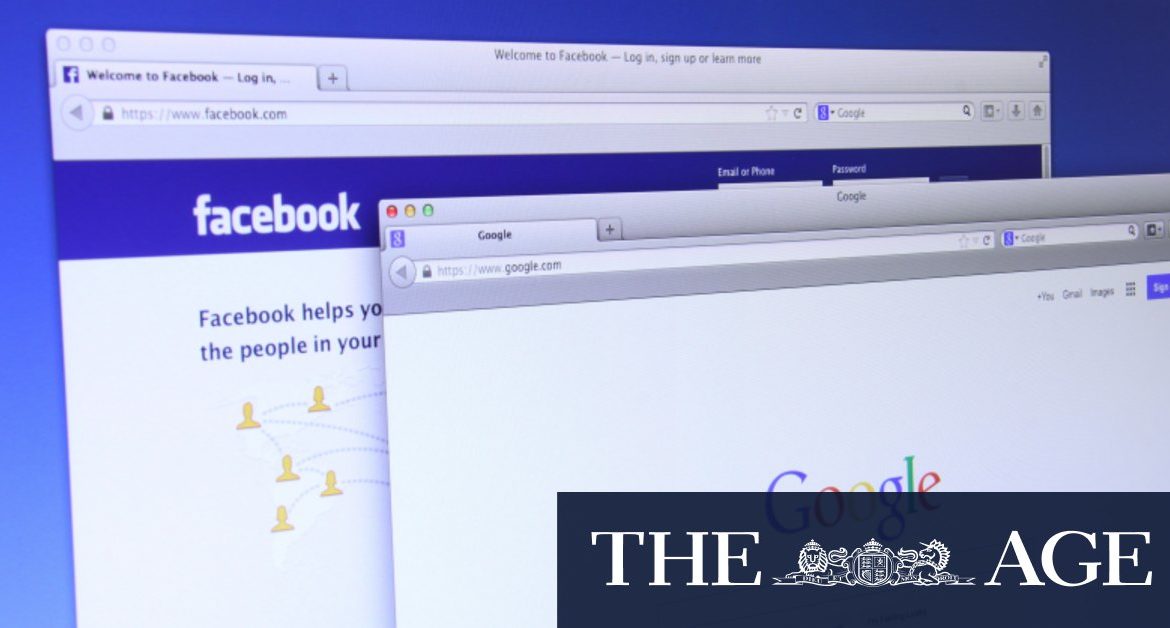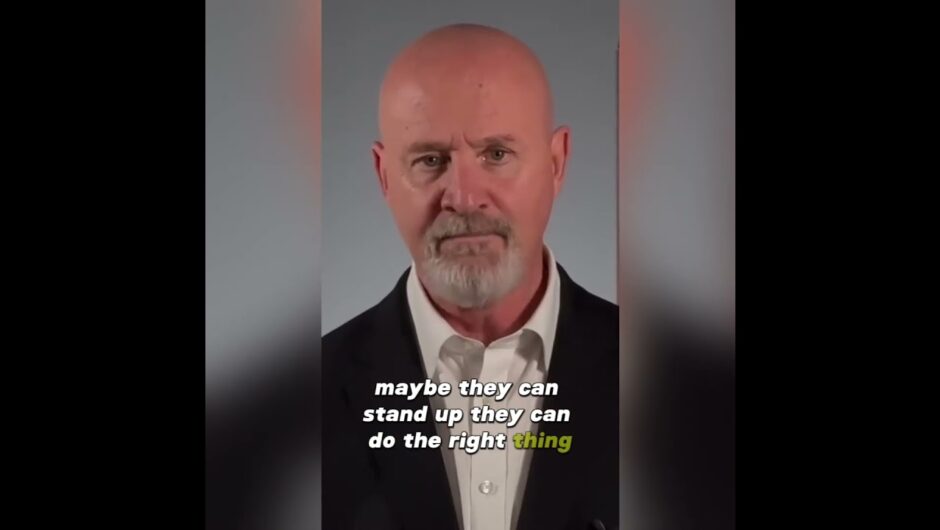Liberal MPs, who spoke about the briefing on the condition of anonymity, confirmed the legislation included the public broadcasters, and would feature a compulsory arbitration mechanism to force the tech giants to negotiate payment with the media companies.
One backbencher said the government had moved to accommodate the concerns of Google and Facebook.
Loading
“The outcome will be that Google and Facebook won’t be completely happy with it and the media companies won’t be completely happy, but it’s something they can all live with,” the backbencher said.
They said the committee was “not entirely convinced” the legislation was the best outcome, but ultimately agreed to it.
“Everyone sees it as a messy and imperfect outcome. Acquiescent is probably the best word to describe it.”
One of the concessions secured by the tech giants is a scaling back of the requirement to provide media companies with advance notification of algorithm changes, which had been set at 28 days in draft legislation. Google had objected to this as “technically impossible”, arguing it made more than 3000 algorithm changes each year.
Another Liberal MP said the scope had been narrowed to capture only significant algorithm changes made by human intervention, such as policy decisions about how news media content was featured on their sites.
Mr Frydenberg and Mr Fletcher fielded around a dozen question from backbenchers as they explained the rationale for the code as addressing the power imbalance between Google and Facebook and the media companies.
“It’s not a well-loved piece of legislation but it’s being done because that’s what the PM wants,” the MP said.
“There’s a view [among committee members] of ‘what problem we are trying to fix here’. To that end we were told there’s a power imbalance – and people were just laughing. People were saying are you really trying to say there’s a power imbalance between News Corp and Google?,” the MP said.
Google and Facebook have fiercely resisted the draft version of the code, prepared by the Australian Competition and Consumer Commission at the request of Treasury following a year-long inquiry. It centred on a “final offer” compulsory arbitration mechanism that gives an arbitrator the ability to decide the compensation owed if the parties can’t agree on price.
Media companies including Nine Entertainment Co, publisher of this masthead, have been pushing the government to urgently legislate the code amid concerns it is being delayed to accommodate their demands.
Lisa Visentin is a federal political reporter at The Sydney Morning Herald and The Age, covering education and communications.
Most Viewed in Politics
Loading







